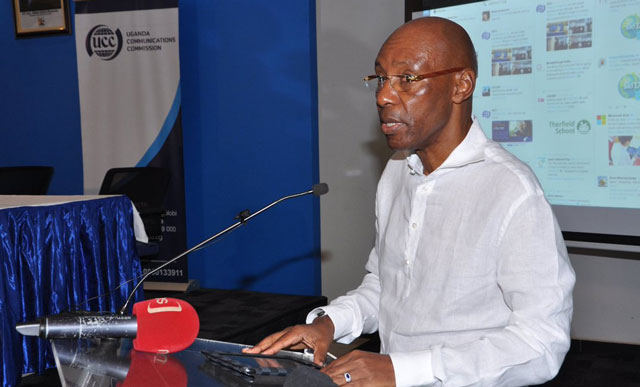
Why it does not reduce violence, but rather fuels it
Kampala, Uganda | JAN RYDZAK | In the wake of a series of coordinated attacks that claimed more than 250 lives on April 21, the government of Sri Lanka shut off its residents’ access to social media and online messaging systems, including Facebook, WhatsApp, YouTube, Snapchat and Viber. The official government concern was that “false news reports were spreading through social media.”
Some commentators applauded the move, suggesting the dangers of disinformation on social media justified shutting down communication networks in times of crisis. Five years of research on the impact of shutdowns and other information controls on societies worldwide have led me to the exact opposite conclusion.
A diverse community of academics, businesses and civil society groups shares my view. The blackouts deprived Sri Lankans of impartial news reports and disconnected families from each other as they sought to find out who had survived and who was among the dead and injured. Most strikingly, recent research suggests that the blackouts might have increased the potential for protest and violence in the wake of the attack.
A constellation of control
Sri Lanka’s latest social media shutdown was not an isolated incident. The first time Sri Lanka took a similar action was amid violent unrest in 2018. It was one of 188 network shutdowns or large-scale disruptions to digital communication that year all around the world, according to digital rights advocacy organisation Access Now.
Overall, since the Arab Spring began in 2010, governments have carried out at least 400 shutdowns across more than 40 countries. Those include hundreds of ephemeral shutdowns in India, where they first emerged as a localised response to unrest in the northern region of Kashmir and subsequently spread to most other states.
The number also includes so-called “digital sieges,” which last for weeks or months at a time. For example, long-lasting, government-imposed blackouts have ravaged burgeoning digital economies such as that of Anglophone Cameroon and have disconnected businesses, relatives and communities in Chad for more than a year.
In study after study, civil society organisations have documented the human rights problems caused by internet shutdowns and the economic damage they produce.
Only recently have researchers begun to ask a more fundamental question: Do massive disruptions to digital communication achieve their intended purposes? Sri Lanka’s government is one of many to publicly claim that their goal in severing communication links is to prevent the spread of disinformation and decrease violence based on those falsehoods – but not a single one has followed a shutdown with any sort of evidence that it worked to protect public safety.

 The Independent Uganda: You get the Truth we Pay the Price
The Independent Uganda: You get the Truth we Pay the Price



This blog about ANALYSIS: Shutting down social media has helped me a lot, is very well written. I used this fat burner product: https://s96.me/fit and I reached the ideal weight.
Kiss you All!